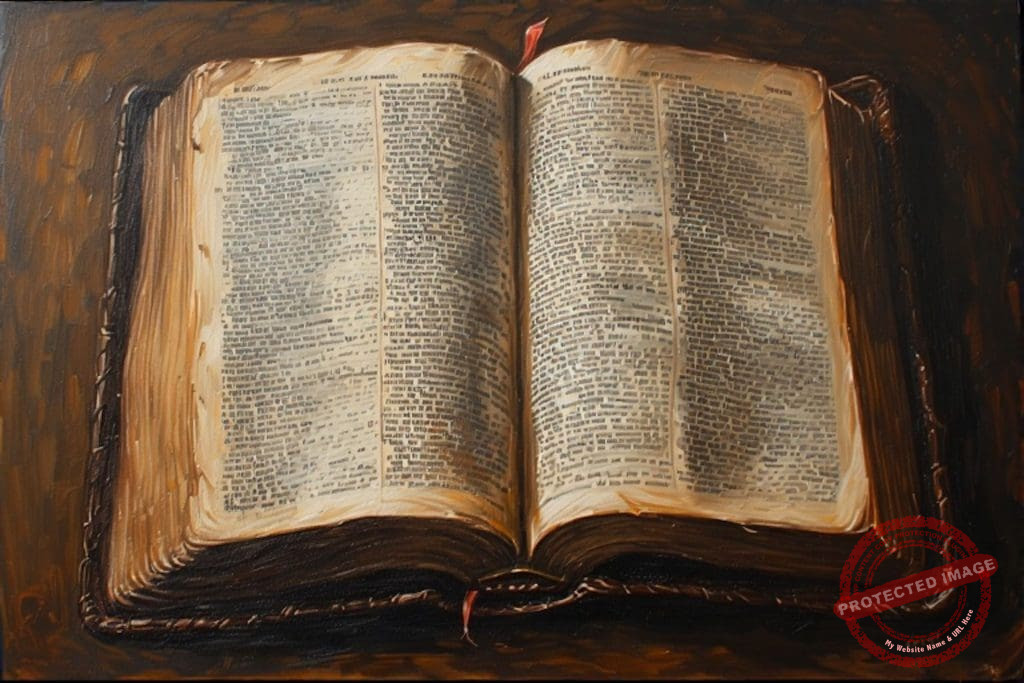
Isaiah 53 through 63 is one of the most powerful, cohesive, and foundational sections in all of Scripture. For the Christian reader, these chapters aren’t just poetic—they’re prophetic. They unfold the drama of redemption in striking clarity, revealing that when there was no one righteous, God Himself stepped in to save. Isaiah points to a Messiah who suffers, intercedes, redeems, and ultimately reigns. We see not just glimpses but a detailed portrait of Jesus—His suffering, His mission, His justice, and His glory. These chapters carry us from the foot of the cross to the gates of the New Jerusalem, offering a breathtaking panorama of God’s plan to rescue humanity through His own arm, His own righteousness.
From the Cross to the Nations
Isaiah 53 is the mountaintop. The Servant of the Lord is “despised and rejected… pierced for our transgressions.” He is silent in suffering yet active in redemption, bearing the sin of many and making intercession. Christians see Jesus here with remarkable clarity—this is not abstract metaphor, but direct prophecy of Christ crucified. Isaiah points to a Messiah who would not conquer first with might, but with meekness and substitutionary sacrifice.
In Isaiah 54, the barren becomes fruitful, and the forsaken are gathered in love. God establishes an unshakable covenant of peace, showing that the cross doesn’t end in death but leads to everlasting relationship. Then comes Isaiah 55, where grace is offered freely: “Come, buy without money…” The door to salvation swings open to all who thirst, foreshadowing the open invitation of the gospel to Jews and Gentiles alike.
Justice, Inclusion, and True Worship
Isaiah 56 expands the vision of salvation to include the foreigner and the eunuch—those previously excluded under the old covenant. God declares that His house will be a “house of prayer for all nations,” and Jesus quotes this directly when cleansing the temple. Here again, Isaiah points to a Messiah who breaks barriers and brings in the outsider.
Isaiah 57 contrasts idolatry and true humility, offering revival for the “contrite and lowly spirit.” Isaiah 58 pushes deeper, calling for justice, mercy, and compassion as true worship. “Is not this the fast I choose?” God asks—a fast of justice for the oppressed. These themes burst into life in Jesus’ ministry: healing the sick, feeding the hungry, and calling out hypocrisy while offering grace to the broken.
No Intercessor… So God Became One
Isaiah 59 is a turning point. The prophet laments a world filled with injustice, falsehood, and spiritual darkness. “He saw that there was no man… no intercessor,” so God acts Himself: “His own arm brought salvation.” This verse echoes deeply into the New Testament. In Jesus, God doesn’t just send help—He becomes the help. Christ is the intercessor we lacked, the righteousness we couldn’t earn. Isaiah points to a Messiah who is both God and Mediator, Savior and Judge.
From here, the vision rises. Isaiah 60 envisions Zion radiant and restored, shining so brightly that nations come to her light. In Isaiah 61, the Servant announces His mission: “The Spirit of the Lord is upon Me… to bind up the brokenhearted.” Jesus begins His public ministry in Luke 4 by reading this passage, declaring, “Today this Scripture is fulfilled in your hearing.”
A Bride, a Warrior, and Everlasting Joy
Isaiah 62 continues with the imagery of joy and marriage. Zion is no longer called “Forsaken” but “My Delight Is in Her.” The Church, now wed to Christ, is cherished and watched over like a bride. And then comes Isaiah 63, where the divine warrior appears—not as a tyrant, but as one who “looked, and there was no one to help… so My own arm brought salvation.” The Redeemer is also the righteous judge, returning not in vengeance alone, but in faithful mercy to His people.
These chapters trace the full arc of redemption: a suffering servant, a faithful covenant, an open invitation, a just society, and a glorious King. They challenge, comfort, and commission us. They show a God who is not distant or indifferent, but deeply invested—so much so that He enters our suffering and becomes our salvation.
Conclusion
Isaiah points to a Messiah, and not just any messiah—but the One who was wounded for our transgressions, who welcomes the outcast, who calls us to justice, and who is coming again in glory. These words are not just ancient poetry; they are living prophecy, still unfolding in our lives today. Let us read Isaiah 53–63 not as distant history, but as God’s heart revealed—and respond in awe, repentance, and hope.
Next week, we will explore how religious Jews interpret this same section of scripture. In their view, it does not lead to Jesus.
About Raleigh Acupuncture
At Raleigh Acupuncture Associates, we are deeply committed to providing the highest quality professional acupuncture while being rooted in strong Judeo-Christian values of love, faith, kindness, and truth. We guide our practice with compassionate care, where each patient is treated with respect and dignity, regardless of their background, faith, or beliefs. We welcome people from all walks of life and strive to create a warm, inclusive environment promoting healing and holistic wellness. Our dedication to delivering exceptional acupuncture is paired with a genuine love for helping others, making our clinic a place where faith and professional medical care come together for the well-being of every patient.
Next Steps
BOOK NOW to schedule an appointment online.
Meet Our Practitioners (Video).
Learn about all the conditions we treat.
Focus Keyphrase: Isaiah Points to a Messiah
Image generated with https://perchance.org/ai-text-to-image-generator




